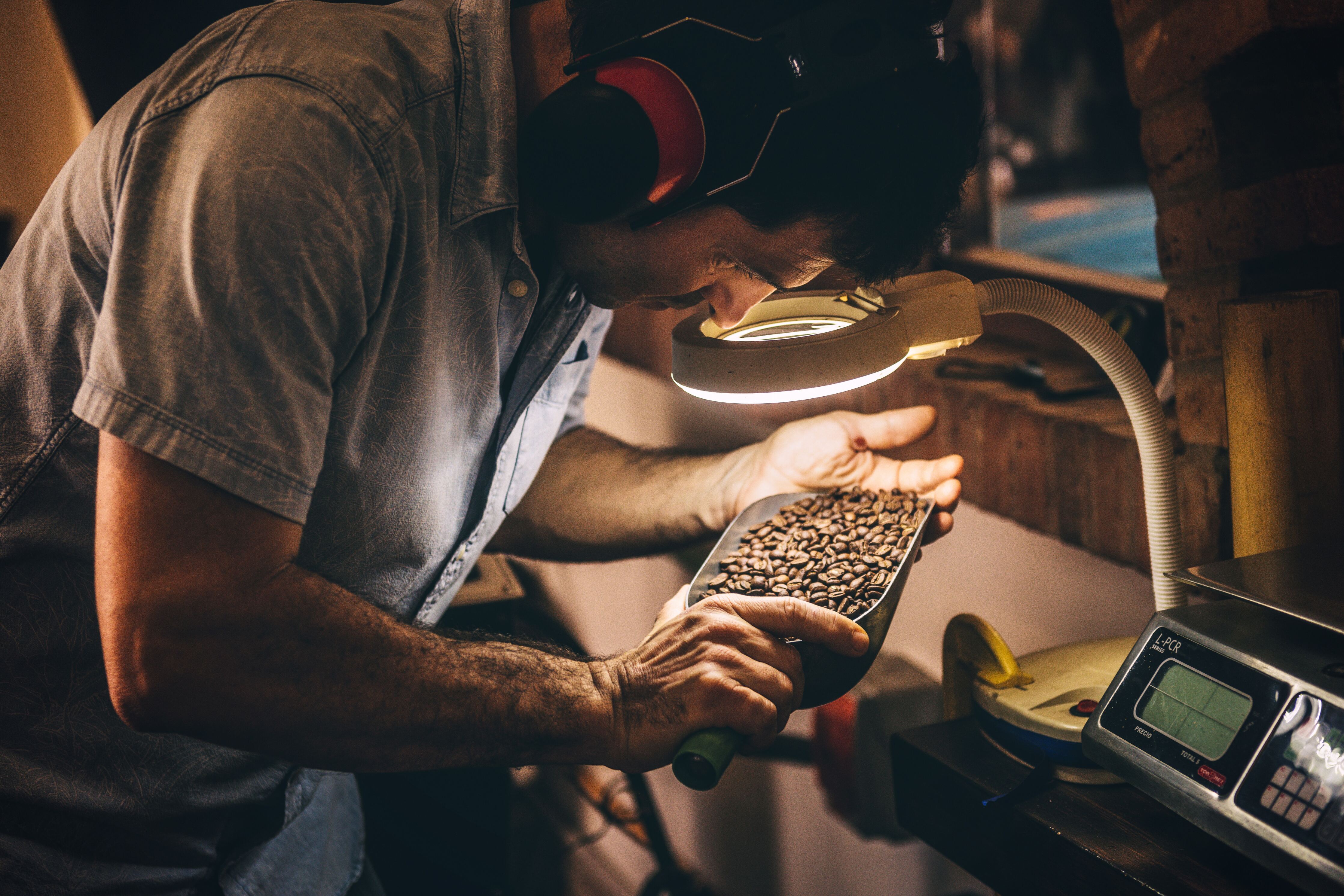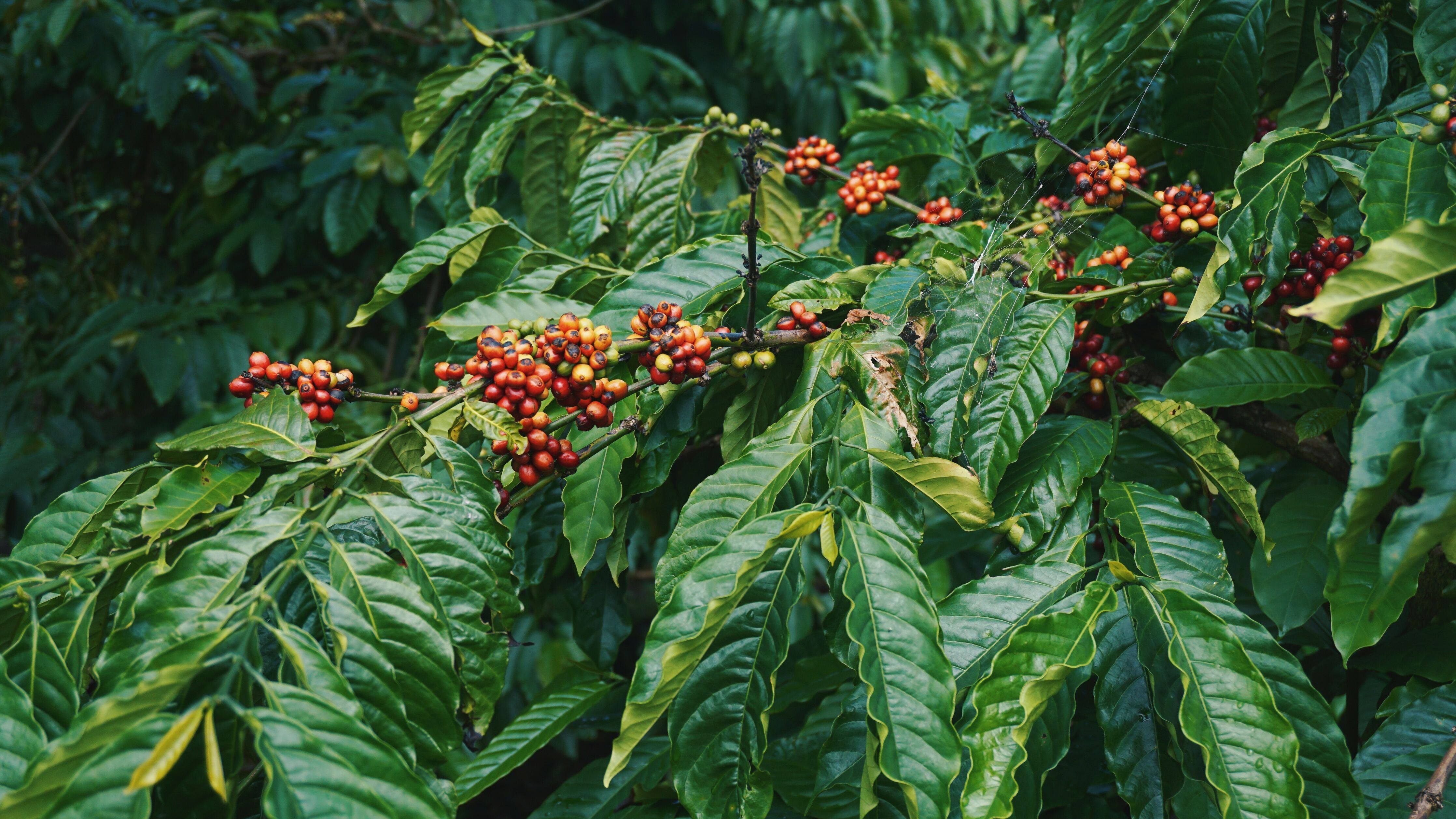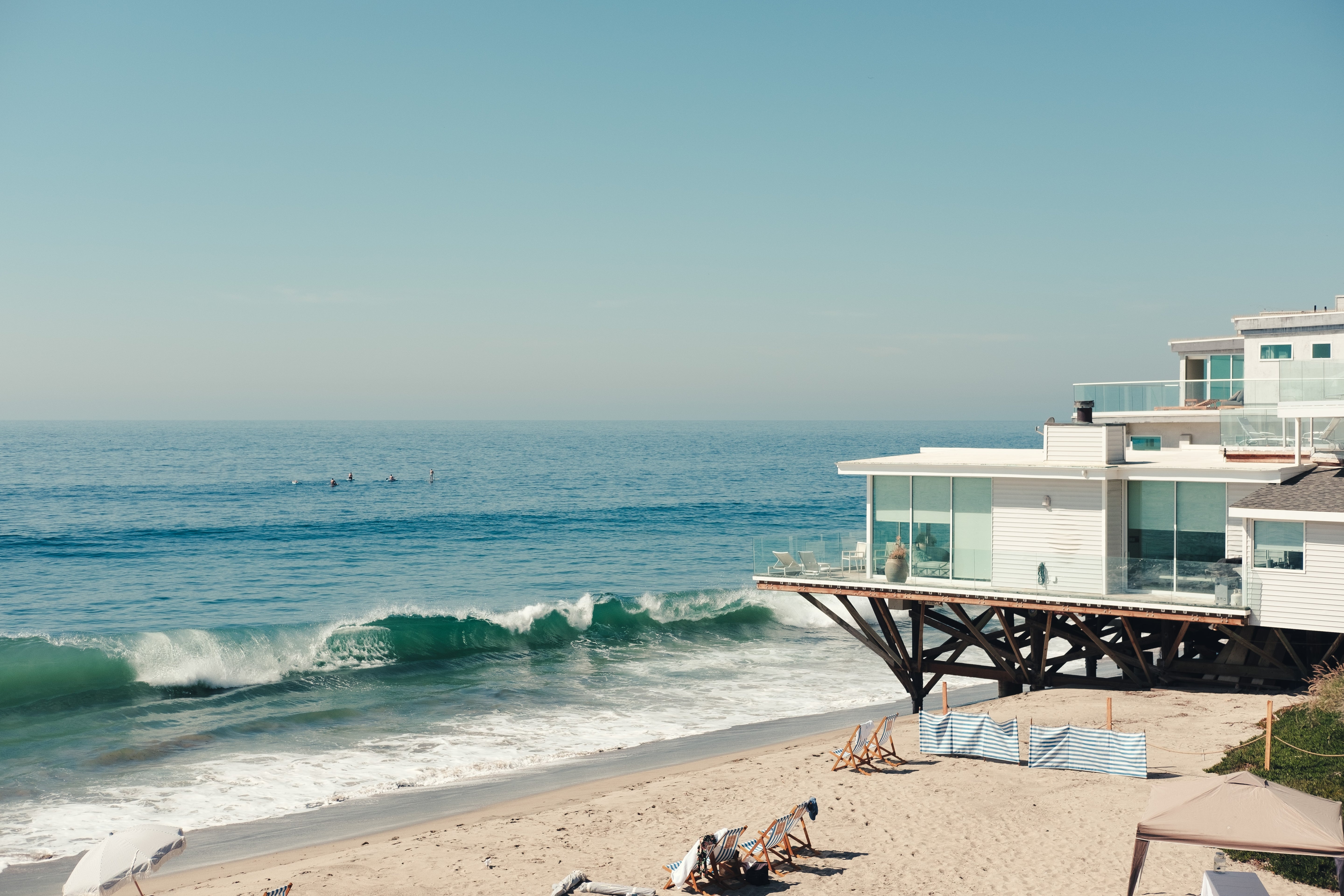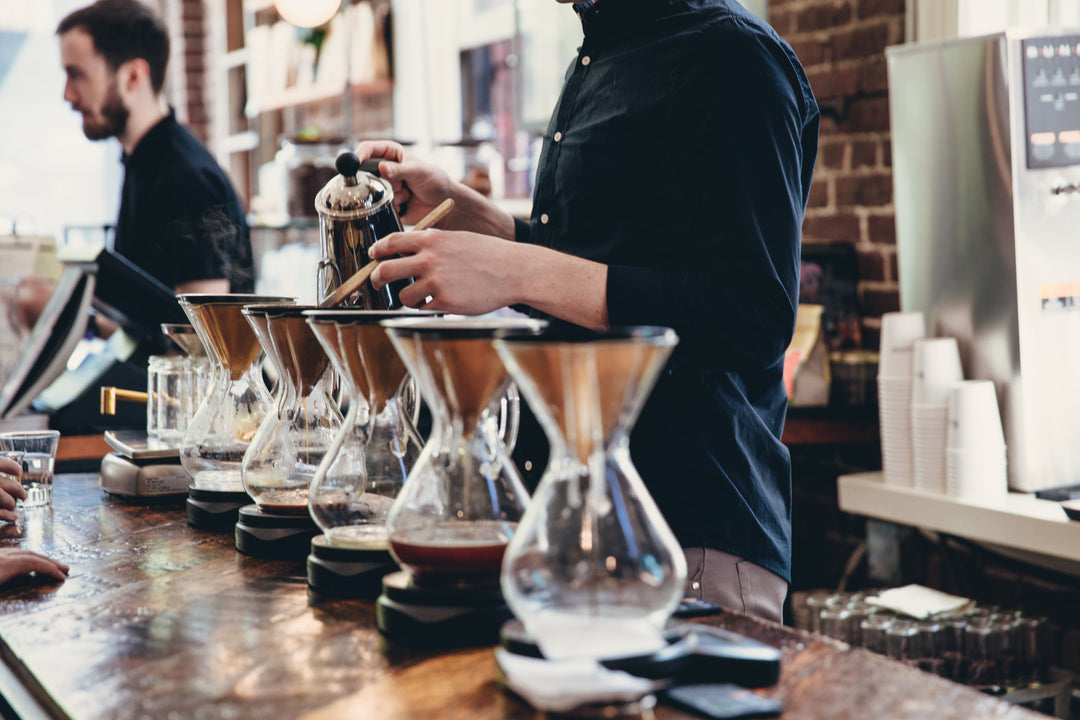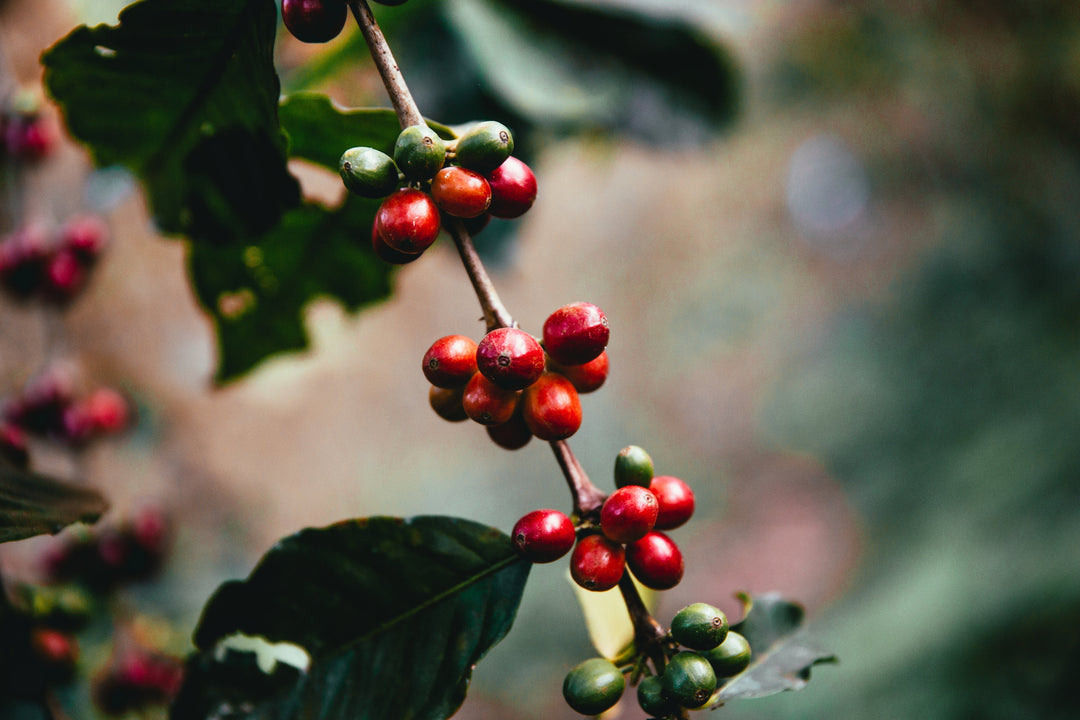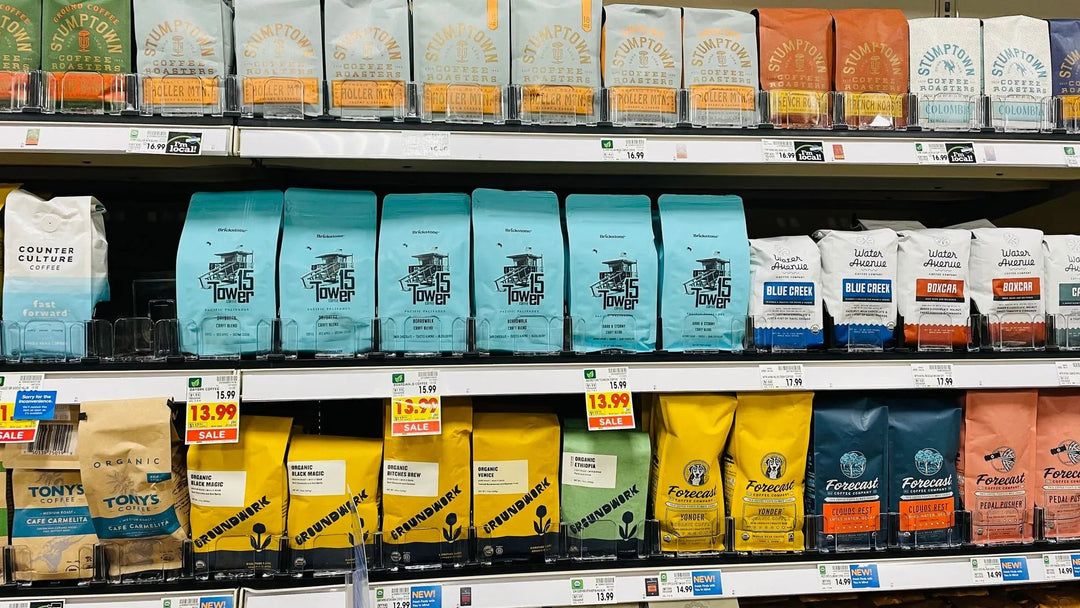What Does "Certified Organic" Mean for Coffee?
In general, when food is certified organic in the U.S., it means that the United States Department of Agriculture (USDA) has verified that its production meets a set of specific criteria. Organic certification means that the ingredients were grown without pesticides, herbicides, and fertilizers.
For many consumers, however, it's important to drink ethical, organically grown, and sustainably sourced coffee. While organic certifications are intended to help consumers identify how their coffee beans were produced and sold, they are not the only way to be confident about the quality of your coffee.
How should a conscientious consumer go about choosing which coffees to buy? What does "certified organic" mean for coffee? Here are some "believe it or not" truths you need to know about certified organic coffee.
Much of The World's Organically Grown Coffee is Not Certified
Certified organic coffee beans are very popular in the market and typically sell at a higher price per pound than non-certified coffee of equal quality. This is in part because of a false perception that organic coffee will always taste better, support sustainability, and is better for you. So why would a farm take the time and care needed to grow organic coffee and not get certified?
Unfortunately, many small independent and subsistence farmers simply cannot afford to get their crop certified. The process of qualifying for a USDA-certified organic seal is rigorous and can take a farmer up to three years to acquire. Among other hurdles, the farms must be inspected at least twice a year, and coffee farms must pay for the travel, room, and board of certifying agents.
Usually, a small coffee farm cannot afford to risk paying for this accommodation, but they also cannot afford synthetic pesticides, herbicides, and fertilizers that would disqualify them for certified organic status. In the coffee world, organic certifications are mostly acquired by large plantation coffee bean farms controlled by the biggest global brands. This is why buying products that are certified by the United States Department of Agriculture as USDA organic, doesn't always support small farms, developing communities, and sustainable practices.

Certified Organic is NOT Always a Higher Quality Coffee
Coffee bean quality depends on many factors, some environmental, including soil, terroir, climate, altitude, and others related to processing. Organic certifications may insure that the farms used no synthetic pesticides or fertilizers, but it doesn't guarantee that the coffee will taste good. In fact, there are many coffees at your local market that despite their organic certification do not taste as good as natural, shade-grown coffees that lack certification. Keep in mind, just because coffee was farmed without the use of non-organic pesticides, fertilizers and fungicides does not mean that the coffee was grown in ideal conditions.
A more reliable way to determine the quality of one's coffee beans is to know what farm or group of farmers grew the beans. So long as the coffee was "shade-grown," "naturally-grown," or "organically-grown" it is very likely that it is as organic as any coffee on the market with a "certified organic" seal. Look for coffee roasters that are transparent about their sourcing practices. If your local roaster can't tell you exactly where their beans come from or their processing methods, there is a chance that they were not sourced ethically or sustainably.
Organic Has No Inherent Health Benefit Over Non-Organic Coffee
Organically-grown coffee is not necessarily better for you than conventionally-grown coffee. In fact, some studies have shown that after roasting there is no significant difference between the two types of coffee when it comes to antioxidants and other health benefits. And while there is no oversight for the Maximum Residue Level (MRL) of pesticides on roasted coffee beans, studies have shown that most of the pesticides used in the farming of conventionally-grown coffee get burned off in the roasting process.
Organic certification may not be as "healthy" as we have been led to believe; instead of focusing on certifications while shopping for coffee beans, focus your efforts on buying from companies that are transparent about their sourcing and good are stewards of the land. Many people still choose to pay extra for USDA organic or fair-trade coffee because they believe that it is more environmentally sustainable, but this is not always the case.
Certified Organic Coffee Can Still Be Harmful to The Environment
It's important to remember that just because a coffee is certified as organic doesn't mean the producers grew the coffee ethically or sustainably. There are no regulations governing ethical or environmental sourcing under the USDA's organic certification program. This means that a farm can be certified organic despite using harmful chemicals and farming methods that are damaging to the natural environment.
Sun-grown coffees are a perfect example of this. While many sun-grown coffees are certified organic, they're often farmed with a process that is not natural and potentially harmful to the environment. Sun-growing requires significant amounts of land, which can lead to the risk of deforestation. It also requires a lot of water, which can lead to soil degradation. Additionally, sun-grown coffees are often farmed with pesticides and other chemicals, which can be harmful to both the environment and human health. Shade-grown coffees are farmed in ways that support sustainability.
They're grown in their natural environment, under shade trees on small plots of land that don't require significant amounts of irrigation. The coffee grows naturally alongside native plants like banana trees, citrus trees, mangoes, and avocados (among others). This means a shade-grown coffee crop doesn't need as many fertilizers or pesticides as a sun-grown coffee crop—and the process results in some pretty tasty cherries!

Organic certification may not cover your biggest concern as a consumer
In the U.S. organic certification as currently structured rewards large-scale producers of low-quality commodity organic coffees far more than it does small farmers with exceptional products and practices. A big problem for certifiers is that smaller farms have less incentive to get certified because they won't see a justifiable financial return.
This means that many specialty coffees are not certified organic because it is economically unfeasible for the farmer. If you really want to do something good when buying your morning brew, one option is to support the farmers who are growing coffee sustainably. To do this, look for coffee that's labeled "direct trade" or "fair trade".
Direct Trade
A coffee with "Direct Trade" on the label means the coffee was bought straight from the farmer, cutting out all the middlemen. This system allows farmers to get a fair price for their beans and lets buyers know exactly where the coffee in their cup of coffee comes from.
Fair Trade
A "Fair trade" certification label on your coffee ensures that coffee growers receive a fair price for their beans, as well as other benefits like health care and education. Fair trade helps to ensure that the producers of our morning cup of joe are treated fairly and rewarded in ways that support their communities.
Both of these certifications are increasingly important as climate change makes it harder for farmers to grow good coffee in traditional ways. By choosing direct trade or fair trade coffee, you're helping ensure that the growers are taken care of when they as coffee producers choose to be ethical environmental stewards. When you're looking for the perfect cup of coffee, there are a lot of things to consider, but don't let certification prevent you from exploring something new. The most important thing is finding a roaster who you trust and who knows how their coffee was produced.
Conclusion
There are many great-tasting organically grown coffees available that aren’t certified. When it comes to organic coffee certification, there are many factors to consider, so don't believe everything you hear. Sometimes the best tasting, highest quality beans are not certified organic even though they may have been grown organically. Buying coffee from a company that has direct trade and/or fair trade relationships with farmers can provide transparency and assurance of sustainability and ethical sourcing practices. Knowing how your favorite roasters source their coffee will help. Your local roaster should be able to provide you with information about the farm that grew your coffees. With that knowledge, you can answer questions like are the farms practicing regenerative farming methods? Does anyone in the supply chain pay a below-market price per pound for the coffee? Can I visit this farm myself to see where my coffee is grown? If you don't know who grew your coffee, you can't really be sure where it came from. So next time, roasters ask about where their beans come from—you might be surprised by what you learn!




